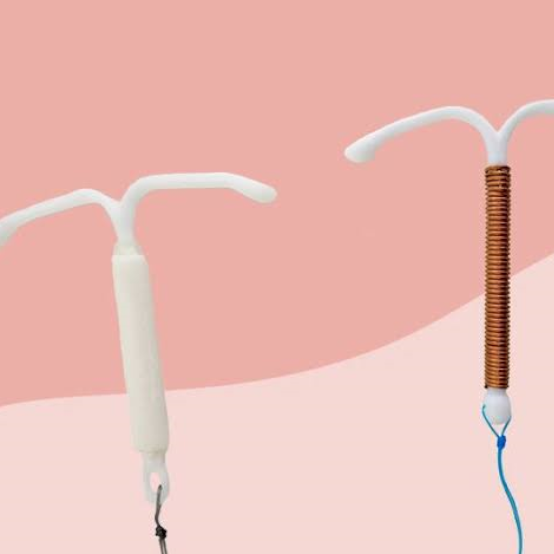Intrauterine Contraceptive Device (IUD): A Comprehensive Guide
Welcome to our comprehensive guide on Intrauterine Contraceptive Devices (IUDs). As a reputable source for reproductive healthcare information, we aim to provide you with a detailed understanding of IUDs, their types, benefits, considerations, and suitability as a contraceptive option.
- What is an IUD? An Intrauterine Contraceptive Device (IUD) is a small, T-shaped device made of flexible plastic or copper that is inserted into the uterus to prevent pregnancy. It is a long-term, reversible contraceptive method that offers highly effective protection against unintended pregnancies.
- How does an IUD work?Copper IUD: The copper in the device creates a hostile environment for sperm, preventing fertilization. It may also inhibit egg implantation in the uterusHormonal IUD: This type of IUD releases progestin, a synthetic hormone, into the uterus. Progestin thickens cervical mucus, preventing sperm from reaching the egg. It also thins the uterine lining, reducing the likelihood of implantation.
- Types of IUDsCopper IUD: Copper IUDs are hormone-free and can provide contraception for up to 5 years depending on the brand.Hormonal IUD: Hormonal IUDs can provide contraception for 5 years.
- Advantages of IUDsIUDs offer several benefits as a contraceptive option:
- Highly Effective: IUDs are one of the most effective forms of birth control, with a failure rate of less than 1%.
- Long-Term Contraception: Depending on the type, IUDs can provide contraception for several years, eliminating the need for daily or monthly contraceptive management.
- Reversible: Fertility returns shortly after IUD removal, making it a suitable option for those planning to conceive in the future
- Low-Maintenance: Once inserted, IUDs require minimal maintenance, providing ongoing protection without daily effort.
- Hormonal and Non-Hormonal Options: Patients can choose between hormonal and non-hormonal IUDs, catering to individual preferences and medical needs
- Insertion Procedure.
IUD insertion is a simple and relatively quick procedure performed by a trained healthcare provider. The process involves:
- Preparation: The provider will review your medical history and conduct a pelvic exam to ensure your uterus is suitable for IUD placement.
- Insertion: The IUD is inserted through the cervix into the uterus. Some individuals may experience mild discomfort during this process, which typically subsides quickly.
- Follow-up: A follow-up visit may be scheduled to ensure proper placement and address any concerns.















